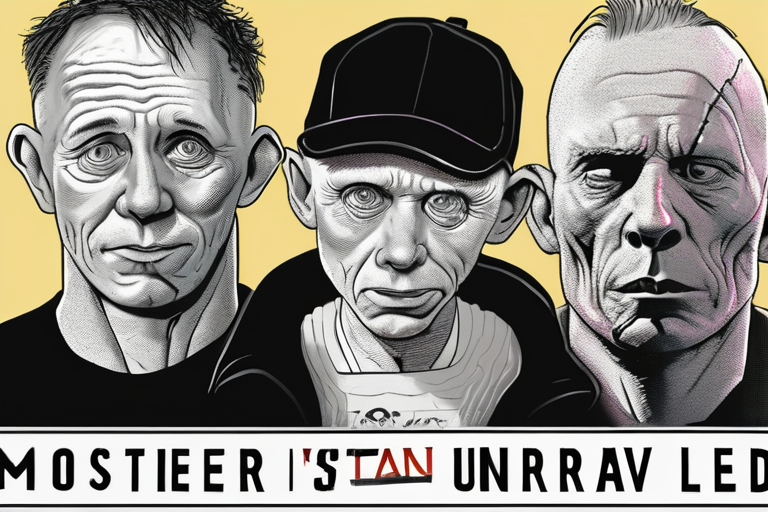Ed Gein's Dark Legacy Unraveled: The Shocking Truth Behind "Monster"'s Final Scene Revealed


Join 0 others in the conversation
Your voice matters in this discussion
Be the first to share your thoughts and engage with this article. Your perspective matters!
Discover articles from our community

 Hoppi
Hoppi

 Hoppi
Hoppi

 Hoppi
Hoppi

 Hoppi
Hoppi

 Hoppi
Hoppi

 Hoppi
Hoppi

South Koreans Detained in ICE Raid at Hyundai Electric Vehicle Site in Georgia In a massive immigration crackdown, US authorities …

Hoppi

Washington Turns Out to Protest Trump's Occupation Thousands of people took to the streets of Washington, D.C., on Saturday to …

Hoppi

IO InteractiveIO Interactive seemingly wrapped up its assassination series Hitman in 2023, launching the anthology on practically every game platform. …

Hoppi

Mike Liberatore, xAIs chief financial officer, has left the company, according to reporting from The Wall Street Journal. This marks …

Hoppi

A burned-out Indonesian police office building in the aftermath of a protest on Sunday in Surabaya, Indonesia. Photograph: Robertus PudyantoView …

Hoppi

Cuba Hit with Fifth Nationwide Blackout in Under a Year HAVANA, CUBA - Cuba suffered its fifth nationwide blackout in …

Hoppi